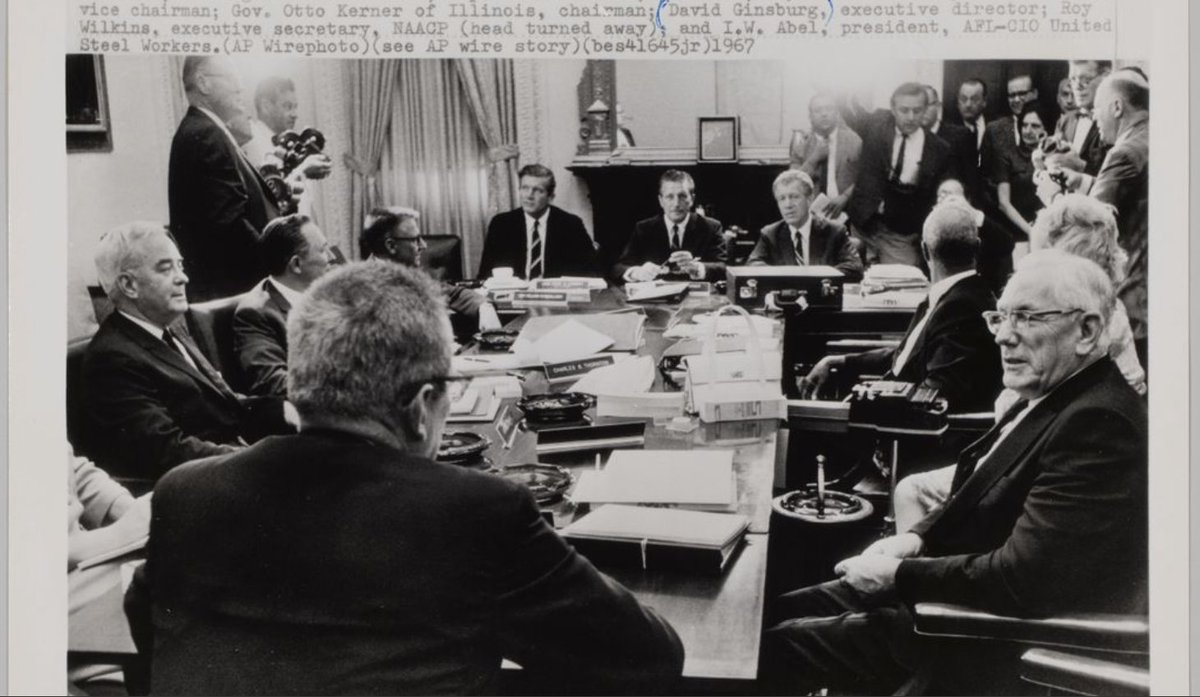
This bill — which has already passed the Texas Senate — would drastically reduce the coverage of civil rights history in the state’s classrooms. news.bloomberglaw.com/social-justice…
This thread offers some jaw-dropping examples of what’s being left out.
https://twitter.com/rzstprogramming/status/1416465607818633218
The Civil Rights Act of 1964 is apparently one of the few topics Texas Republicans want students to read about.
OK, let’s take a look at the CRA and Texas.
OK, let’s take a look at the CRA and Texas.
The first Texas Republican Senator after Reconstruction was Sen. John Tower, elected in 1961.
He filled the seat held by LBJ, who had shepherded the 1957 & 1960 Civil Rights Acts in the Senate and later pushed for, yes, the 1964 Civil Rights Act as president.
Tower opposed it:
He filled the seat held by LBJ, who had shepherded the 1957 & 1960 Civil Rights Acts in the Senate and later pushed for, yes, the 1964 Civil Rights Act as president.
Tower opposed it:

When it came time for the Senate to vote on the Civil Rights Act of 1964, Republican Sen. John Tower voted against it, while Texas's other senator -- Ralph Yarborough, a rare liberal Southern Democrat -- voted for it. 

After Sen. Yarborough voted for the Civil Rights Act, the Texas Republican running against him in the 1964 election -- George H.W. Bush -- stressed his own opposition to the bill in campaign ads and tried to use Yarborough's support for civil rights against him. 





The stance Tower and Bush took against the Civil Rights Act with the larger approach of the Texas GOP.
In the House, Rep. Alger and Rep. Edgar Foreman -- the only two Texas Republicans there -- both voted against it too.
Most Dems did as well, but a handful broke ranks:
In the House, Rep. Alger and Rep. Edgar Foreman -- the only two Texas Republicans there -- both voted against it too.
Most Dems did as well, but a handful broke ranks:

Again, the lesson here isn't that Texas Democrats were all saints and Texas Republicans were all sinners. It's that *both* parties propped up white supremacy.
And no matter how hard they try to whittle history down to a patriotically correct list of topics, that fact remains.
And no matter how hard they try to whittle history down to a patriotically correct list of topics, that fact remains.
Good context on what's going on with the bills:
https://twitter.com/pashulman/status/1416817984958513155
• • •
Missing some Tweet in this thread? You can try to
force a refresh
















